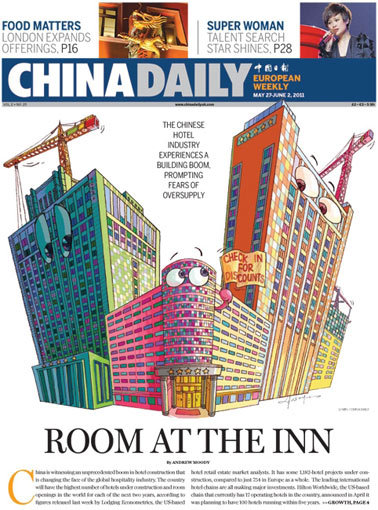The two education systems should meet
Updated: 2011-05-27 10:58
By Patrick Mattimore (China Daily European Weekly)
|
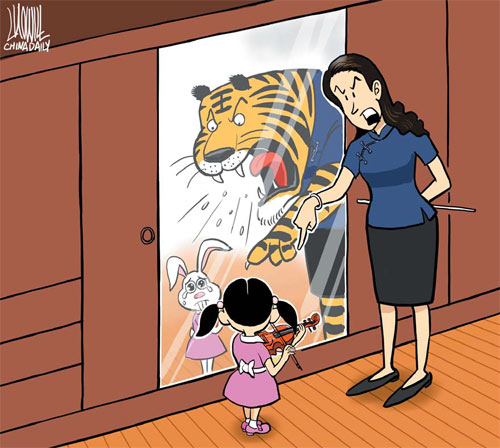 |
A commentary in a recent issue of Washington-based Chronicle of Higher Education provides a revealing snapshot of what it is like for an American professor to teach a semester in China. Angela Sorby, a Fulbright professor from Marquette University, has been teaching poetry to students at Xiamen University in Fujian province. Her experience highlights the differences between American and Chinese students.
Chinese students work harder - much harder - than American students. Sorby can delve deeply into the subject she teaches with her Chinese students because she can assume they will have laid the foundation for in-depth analysis by having done their homework. Often, that is not the case with American students who will try to "wing it" rather than come to class prepared.
The hard work comes with a price, though. One of Sorby's students told her that Chinese people don't have a childhood beyond the age of eight because they have to study all the time. One student even said that he still had nightmares about the National College Entrance Examination, or gaokao.
Sorby has said that the discipline Chinese children learn while practising the piano, for example, helps them develop a love for music. But a student rebuffed her by saying that most children were forced to play the piano and ended up hating it. That may explain the anecdote from the best-selling book, Battle Hymn of the Tiger Mother, in which the author's child, raised according to strict Chinese standards, left teeth marks on the piano keys.
Another of Sorby's Chinese students suggested that all Chinese students are the same because they are not allowed to express themselves in high school, a stereotype Westerners apply to Chinese.
One stereotype that did not hold up is the idea that intense studying somehow dulls the mind. Sorby writes: "(I)t is not possible to study 10 hours a day without becoming, on some level, an active, inquisitive thinker." I agree. Chinese students significantly outperformed students from other countries at the recent worldwide 2010 PISA test of 15-year-olds. The test measured basic skills in reading, math and science. It also tested students' abilities to think deeply and critically.
Sorby is writing for a Western audience and her takeaway message is geared toward extracting the most from her China experience and making it relevant to education in the United States. She concludes: "Surely we can learn, or relearn, the value of hard work - if not from China, then from our own history."
I, too, have been awed by the diligence of Chinese students. My teaching experience here and for many years in the US convince me that American students could learn a great deal about the kind of effort it takes to be successful from their contemporaries in China.
It is exciting teaching students in China because I know they will be well prepared and, through our conversations, I will become a better teacher. When my students are engrossed in work, I am energized and our interaction produces a vibrant classroom.
But I am less sanguine about the teaching methods used generally in China. Students tell me that they are often bored in class - not mine, I hope - and are normally reduced to playing the role of passive note-takers and forced to regurgitate their teachers' wisdom later. This is a shame because the students' superlative groundwork preparations should encourage their teachers to develop the students as active learners, exploring the topics that interest them most at even deeper levels.
Chinese students who study in the West are inspired by Western teachers to analyze, apply and criticize what they learn. Upon returning to China, they report being more actively engaged in school. The synthesis of the two systems would thus provide the best form of teaching and learning. Using a model of hard work and effort on the part of students meshed with probing teachers who insist that students grapple with subjects has the potential to produce first-rate education.
The author is a fellow at US-based Institute for Analytic Journalism and an adjunct law instructor at Tsinghua/Temple Law School LLM Program in Beijing.
E-paper

Thawing out
After a deep freeze in sales during the recession, China’s air conditioner makers are bouncing back
Preview of the coming issue
Cool Iron lady
Of good and evil
Specials
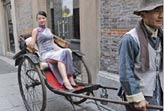
Memory lanes
Shanghai’s historic ALLEYS not just unique architecture but a way of life
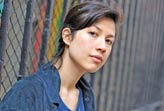
Great expectations
Hong Kong-born singer songwriter rises to the top of the UK pops.
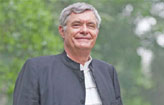
A diplomat of character
Belgian envoy draws on personal fascination to help build China ties.
